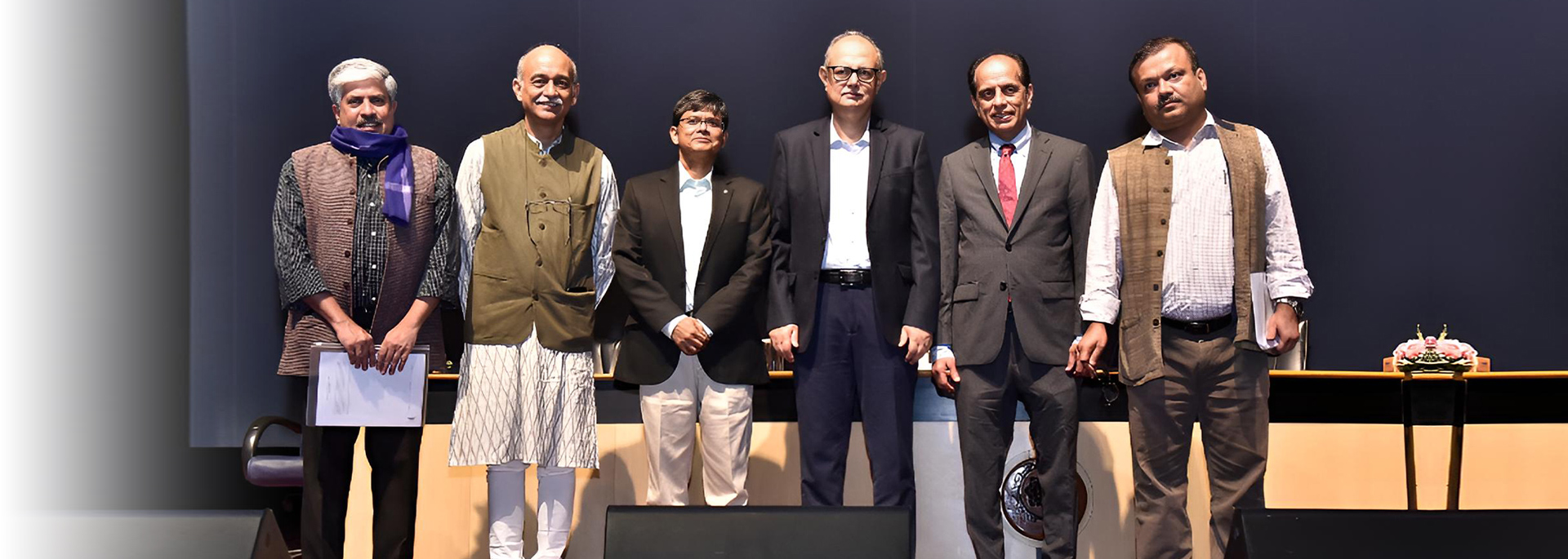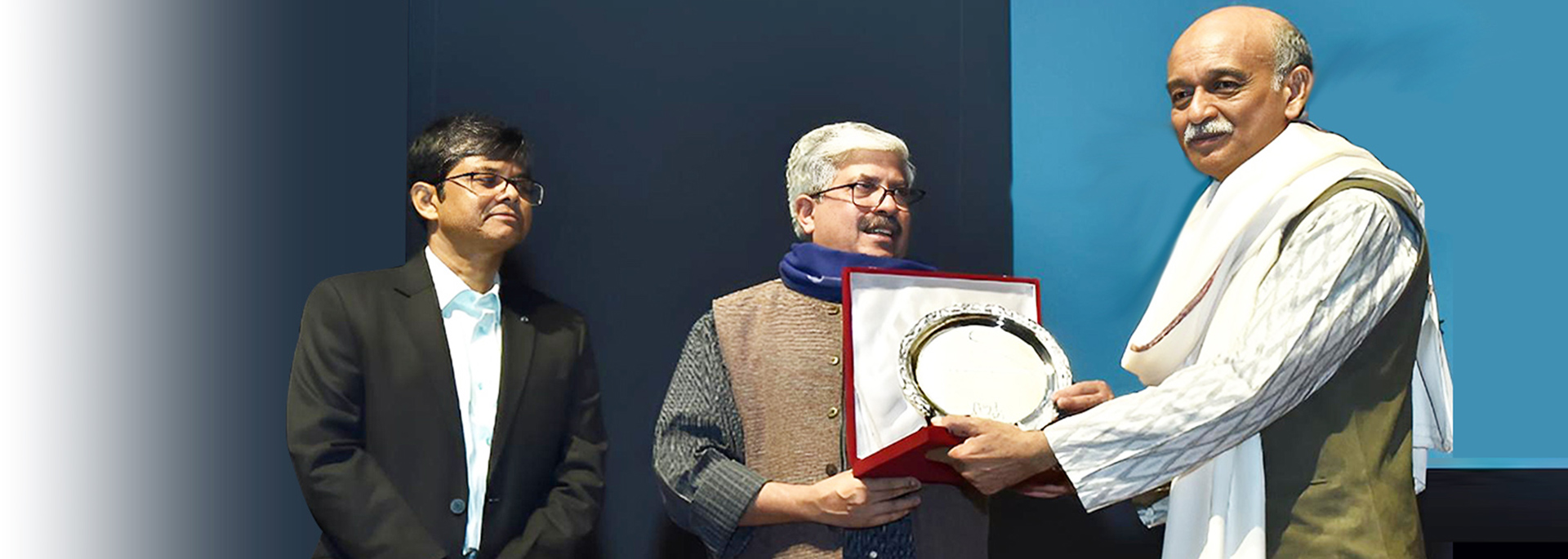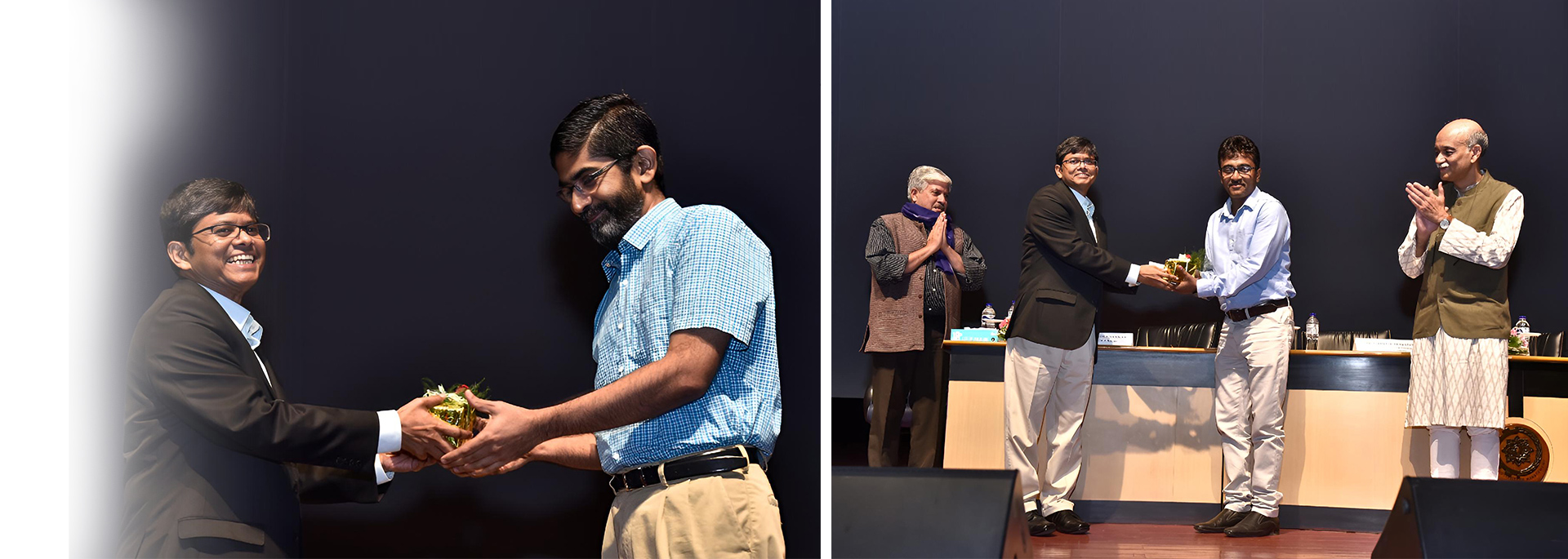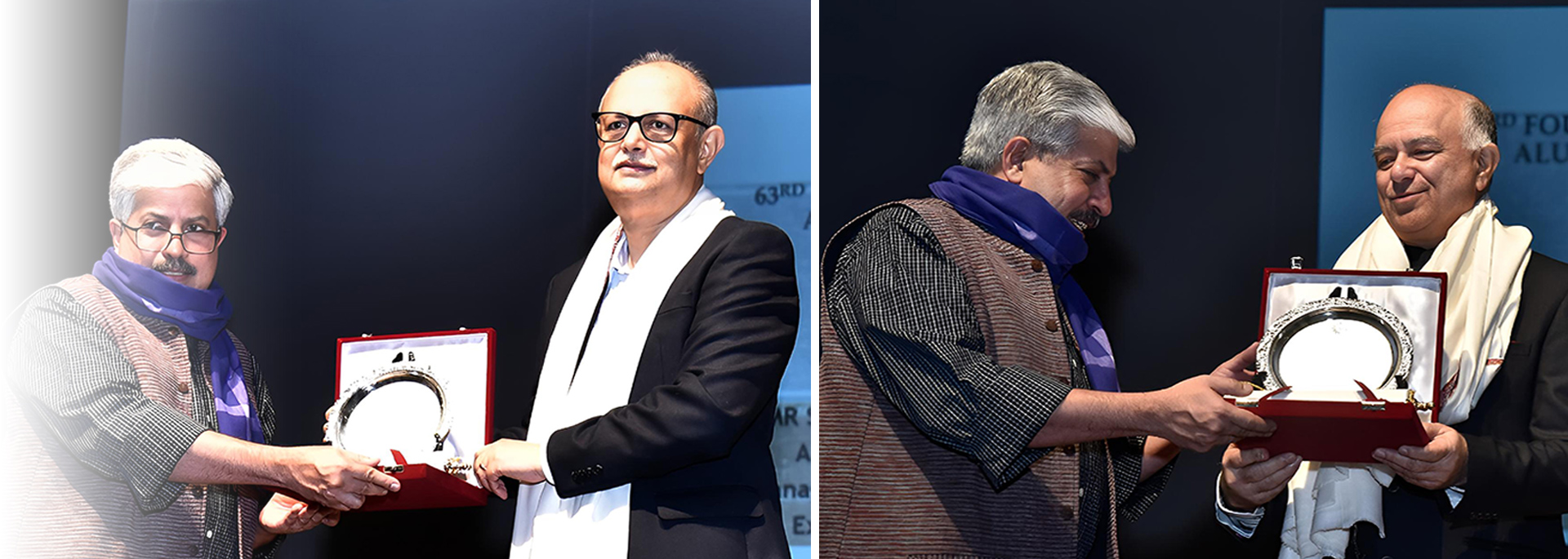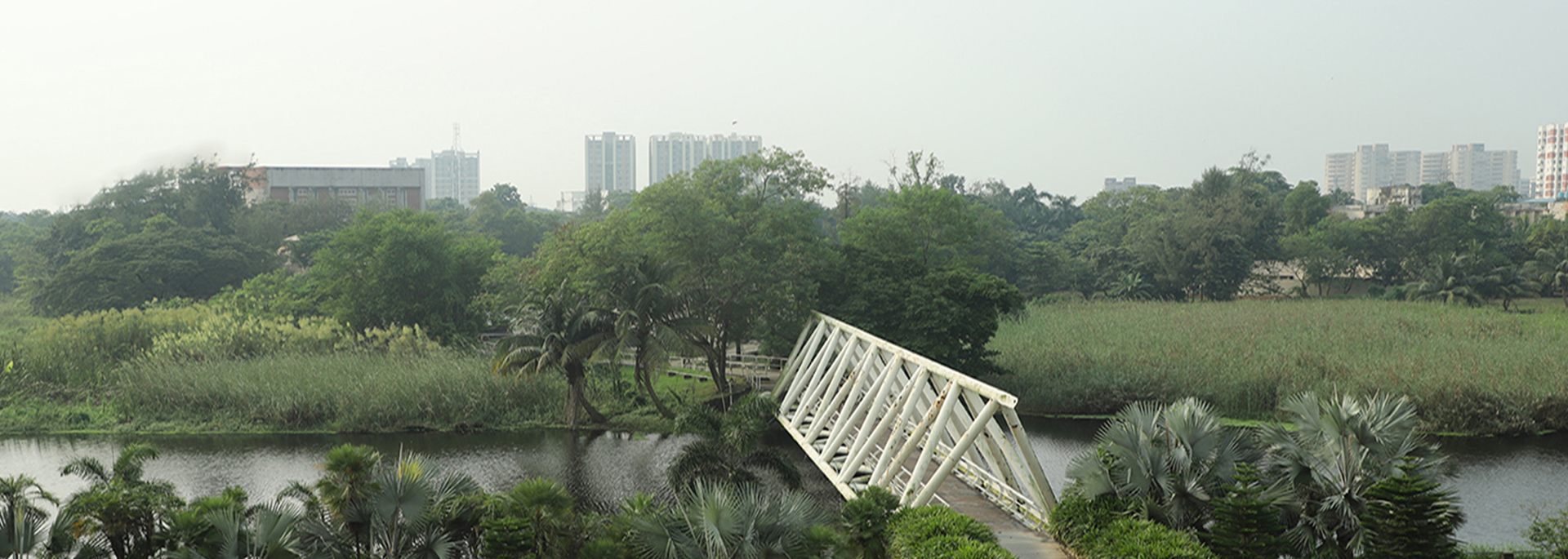About Carbon Transition and Business - 2022 Global Case Writing Competition
The larger aim of this case study competition is to create knowledge bases on accomplishing an effective and just carbon transition. The competition is a means to document carbon transition initiatives taken by the business enterprises and disseminate how public and private (energy) firms can adapt to the energy transition. At the same time, we hope that young professionals entering the workforce will be sensitised to the ideas of carbon transition, which may change the business landscape. The centre envisions that the case studies will help to develop alternate pathways towards the transition to low carbon for India and developing countries. The broad themes and coverage included
- Energy firms diversifying into the non-carbon business domain
- Carbon transition experiences of firms
- Choosing a carbon transition strategy
- Just transition
- Technology transfer experiences for a green transition
- Experiences of investing in clean energy
- Fossil asset portfolio management, accessing green finance
- Policy initiatives for promoting green transition
- Reduction in production and consumption of fossil fuels
Abstract
Title: Jobs versus Climate Change – Just Transition at Western Coalfields Limited (WCL), Nagpur, India
Authors: Ms. Aiman Nida and Dr. SMF Pasha
Abstract: The case presents multiple and disparate opinions on the proposed moves to lower the energy dependence on coal and its implications on the workers and communities, dependent on the coal mining industry. The case outlines the challenges related to consensus building over the carbon and Just Transition initiatives at Western Coal Field Limited (WCL), Nagpur, India. The case has been written from the perspective of trade union leader Mr. K.K. Singh who is facing difficulties in convincing fellow trade unionists about the need for environmental protection and Just Transition. While the protagonist believes in the need for low-carbon transition measures, he is equally worried about its impact on the current and future workforce of WCL. The key dilemma for the trade union leaders was whether to support, oppose or remain indifferent to low-carbon and Just Transition initiatives proposed or undertaken by WCL Nagpur and their parent firm Coal India Limited (CIL). In this case, the trade unions had three broad concerns – first, the low-carbon transition would incorporate the loss of good quality jobs and a freeze on the creation of new jobs in the coal mining sector. Second in the absence of concrete alternatives, for the creation of good quality jobs, the Just Transition initiative would just remain a lip service and third, even if the trade unions wish to be a part of the social dialogue on low-carbon and Just Transition, what power or authority do they have to shape the ultimate outcomes? This teaching case provides an anchor to discuss and debate the ‘wicked problem’ of the potential social impact of the low-carbon transition, in the context of the coal mining sector in India. It provides an avenue to discuss the implications of coal phase-down or phase-out on the workers and communities who are directly or indirectly dependent on coal mining. This case highlights that in the absence of any concrete, executable plan, it would be difficult to bring the stakeholders on board to support the low-carbon and Just Transition initiatives.
Teaching Note is available on request. Kindly send an e-mail to: iimccrc@iimcal.ac.in


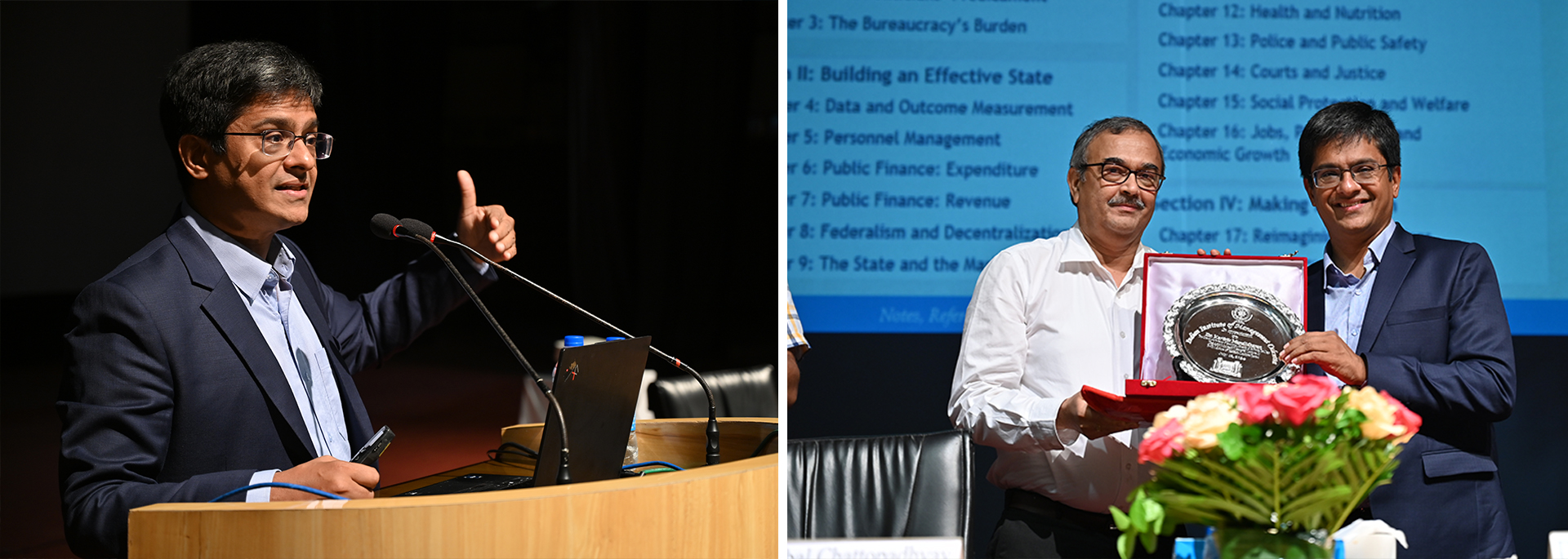
.png)
